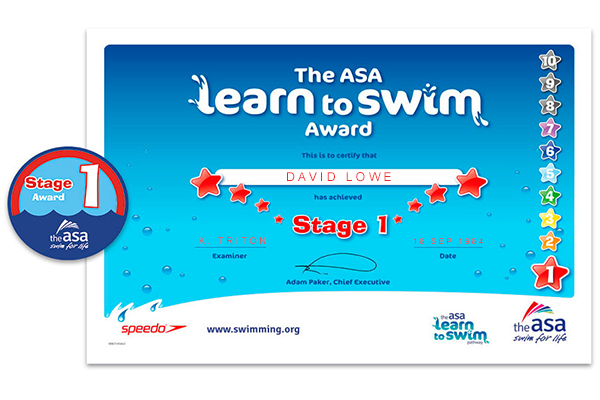Next week, the London Agile Discussion Group is meeting to discuss certification.
As of today, over 500,000 people have taken one of the entry-level Scrum Alliance courses (CSM, CSPO, CSD). That’s about $500m of training courses to the certified Scrum Alliance trainers (and $17.5m in exam entrance fees to Scrum Alliance). Some people say that they took their CSM “for the training, not just the certification”. Okay, so maybe you paid $1,000 for a 2-day course which just happened to include a certificate at the end of it, instead of a much cheaper price for an uncertified Scrum training course.
So why do so many people pay the $100 fee to renew their certificate every 2 years? And why have over 75,000 people taken the scrum.org Professional Scrum Master I (PSM I) exam which is separate from the training? And what about the 5,000+ CSPs?
Don’t get me wrong, I’m not saying you shouldn’t go on these courses, but I think it’s worthwhile establishing what people hope to get from them. What is it that drives people to certification? And why does a quick scan of job postings for Scrum Masters return around 50% of employers stating an application minimum of “CSM or equivalent”?
Some of you are fighting against certification by not renewing your certificates once they run out. Others are writing angry monologues denouncing all certification.
What do you think?
We appreciate that many readers of this site aren’t going to be able to make it to London for next week’s session, but we’d still like to hear your thoughts. Please leave us a comment on the site (or Linkedin or Twitter) and we will take these along with us next week. In return, we promise to write an update on what we learned in a future blog post.

In my (limited) experience, people who don’t understand the job want a bit of paper; people who know the job want to understand experience. A bit of paper doesn’t mean you can do the job, it means you’ve passed the exam.
Yet here I am, browsing through training providers to get my bit of paper. You’re damned if you do, damned if you don’t. It’s just a safety net for getting a job…
Bureaucrats working in management and HR like titles to make their job of assessing competence easier. It’s even better if this certification includes teaching a ton of rules and you can test if they know those rules or not. The cherry on top is when that person comes in to strictly enforce rules instead of saying “it depends”.
So yes, certification is worth it for the sake of everyone trying to get agile professionals while working at companies with monstrous bureaucracy.
Am I sensing a small pinch of cynicism, João?
The Scrum master certifications from Scrum Alliance and Scrum.org seems to be same and it doesn’t make any sense to go after both.
PSM certifications from Scrum.org looks better in comparison if we see on all the parameters.
No consistent course material(Trainers quality)and renewal required every 2 years are big negative for CSM.
Thank you for your thoughts Sreenivas. I would add the ICAgile Agile Fundamentals course into the mix too (but, as you can see from my latest comment, we now teach this). I’d see this as equivalent to both the CSM and PSM (although less Scrum Master focused).
Authors update:
I should have added that we have been teaching an unaccredited basics of Agile and Scrum course since 2014 both publicly and privately.
Since writing this post, we have become accredited by ICAgile to deliver the Agile Fundamentals course which is considered equivalent to the CSM and PSM 1. If you’d like to know more, please go to https://scrumandkanban.co.uk/our-services/training/2-day-fundamentals-course/